Mastering the art and skill of budgeting will result in you ending up with more money than you need to run your household. Did you hear that son? Tis true my hombres – you don’t need a raise or a side hustle—necessarily (though we love them)—to end up with more than you need. You just need to get good at this one thing, and, barring irregular circumstances, you’ll have extra money at the end of the month (which we call slush). Amazingly simple.
The converse is also true: if you don’t get good at budgeting, you’ll never end up with extra cash and you’ll usually fall short in some areas, no matter how much money you make.
If you’re fortunate enough to make $500k per year, but you don’t learn to allocate those earnings it before they come in, and abide by your allocation, you’ll either run out of money or, at best, fail to deploy it in the ways you intended. Ask former NFL players if I know what I’m talking about.
What a strange truth – having enough money is a lot less about how much you take in and a lot more about how well you manage it. Did you hear that? Might be the best thing you hear today, and there’s a lot of spiritual meat on them bones… so I’m repeating it:
Having ENOUGH is less about how MUCH there is, and more about HOW YOU MANAGE IT.
Learn this lesson well and you’ll end up a tycoon in every capital—not only you, but your whole family for generations to come.
This truth is why we harp on budgeting here more than we talk about how to make money or how to invest (we talk about those things too… they’re just not as essential to financial health). If I can only impart just one financial skill to your life, it would be how to master a budget. If you plan to stick around here, buckle up for lots of budgeting articles. We’ll never get around the importance of this topic.
Today I want to focus on what happens when you’ve been through budgeting 101 and you wake up to some success. You created a budget, developed some self-control and discipline, and you figured out that you actually do have enough to feed, house and clothe you and your family for less than the amount of income you’ve got. You’ve set up Mint and you’re aware of every penny that comes under your care. You have even started allocating funds on a monthly basis for your less-than-monthly recurring expenses, like car insurance. Pow! You’re all done! Shortest Abe’s Wallet article ever.
Not really.
If you’ve got credit card debt then you know what to do with your slush (PAY OFF YOUR CREDIT CARD DEBT!!!). But let’s say you have a low-interest student loan, and you’re interested in purchasing some land (maybe a first home!) in the not-so-distant future, and you’ve also heard that you’re supposed to save for retirement. You are budgeting to meet your immediate needs but you’ve got some extra. Now how do you budget the slush?
I warn you: If you don’t make a decision about this (what to do when your actual income exceeds your budgeted income) before it happens, you’ll be in hot water when it happens. And it’s going to happen because, well, wealth is inevitable for a guy like you, and good things DO happen! You can be given money out of nowhere, unexpected bonuses happen… heck, I always join up those “class action lawsuits” by mail and they often pay off! I’m always amazed how often I’ll think of some (unnecessary) thing to buy with my slush, even when I’ve already decided where to put the extra money. If I end up with an extra $500 at the end of the month and I haven’t created a plan… forget it. I’m dead. And you will be too, because… COMMERCIALS! And billboards! And friends getting stuff you want! …and the thousand other things that make us expert consumers. So I’m going to give you my process for this, and then I’m going to give you a snapshot of my current overflow allocation plan.
Wait where’s the plan? Oh it’s in part 2.
But before you jet, you may notice that this article is chock full of links. All I can say is that we aren’t your average personal finance site and we aren’t interested in giving you the skill of budgeting without a vision for why you might want to do such a thing. We think you’ll draw much more from our budgeting tips if you are tracking with us on topics like growing all five capitals, multigenerational family-building and stewardship.
*Mark Parrett is one of the founders of Abraham’s Wallet. When not blogging for you here, he’s raising a family in Salt Lake City, UT and working as a financial planner at Outpost Advisors.






